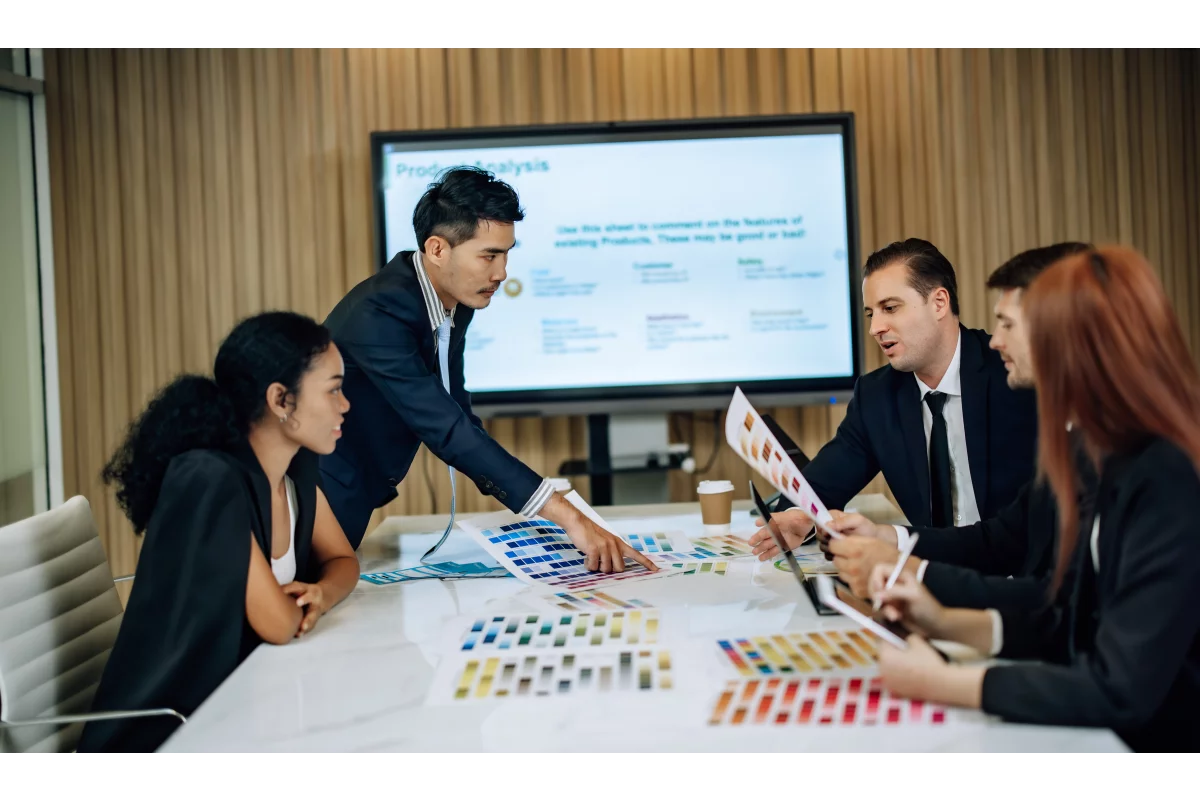Problem statement
In an era of rapid technological advancement, businesses face increasing pressure to innovate and adapt to digital transformation. However, many organizations lack the expertise and tools to integrate technologies such as AI, IoT, and digital platforms into their operations effectively. This gap hinders their ability to remain competitive, improve efficiency, and leverage data-driven decision-making. Companies need tailored guidance and solutions to navigate the complexities of digital transformation while ensuring sustainable and practical outcomes.
Main outcome
In a workshop focused on digitalization and connectivity, an SME from the rubber and plastics sector worked with the expert to explore tailored digital solutions. The session began with an analysis of the company’s current situation, identifying inefficiencies and challenges using structured methodologies. Opportunities for improvement through technologies such as IoT, AI, and digital platforms were then presented, with a focus on optimizing processes, connecting machinery, and enabling data-driven decision-making. The workshop concluded with a detailed roadmap outlining specific steps for implementing these technologies. This approach provided the company with practical, actionable insights, empowering it to enhance operational efficiency, embrace innovation, and strengthen its competitive position. The collaborative process ensured that all solutions were aligned with the company’s resources and objectives, laying a strong foundation for sustainable digital transformation.








